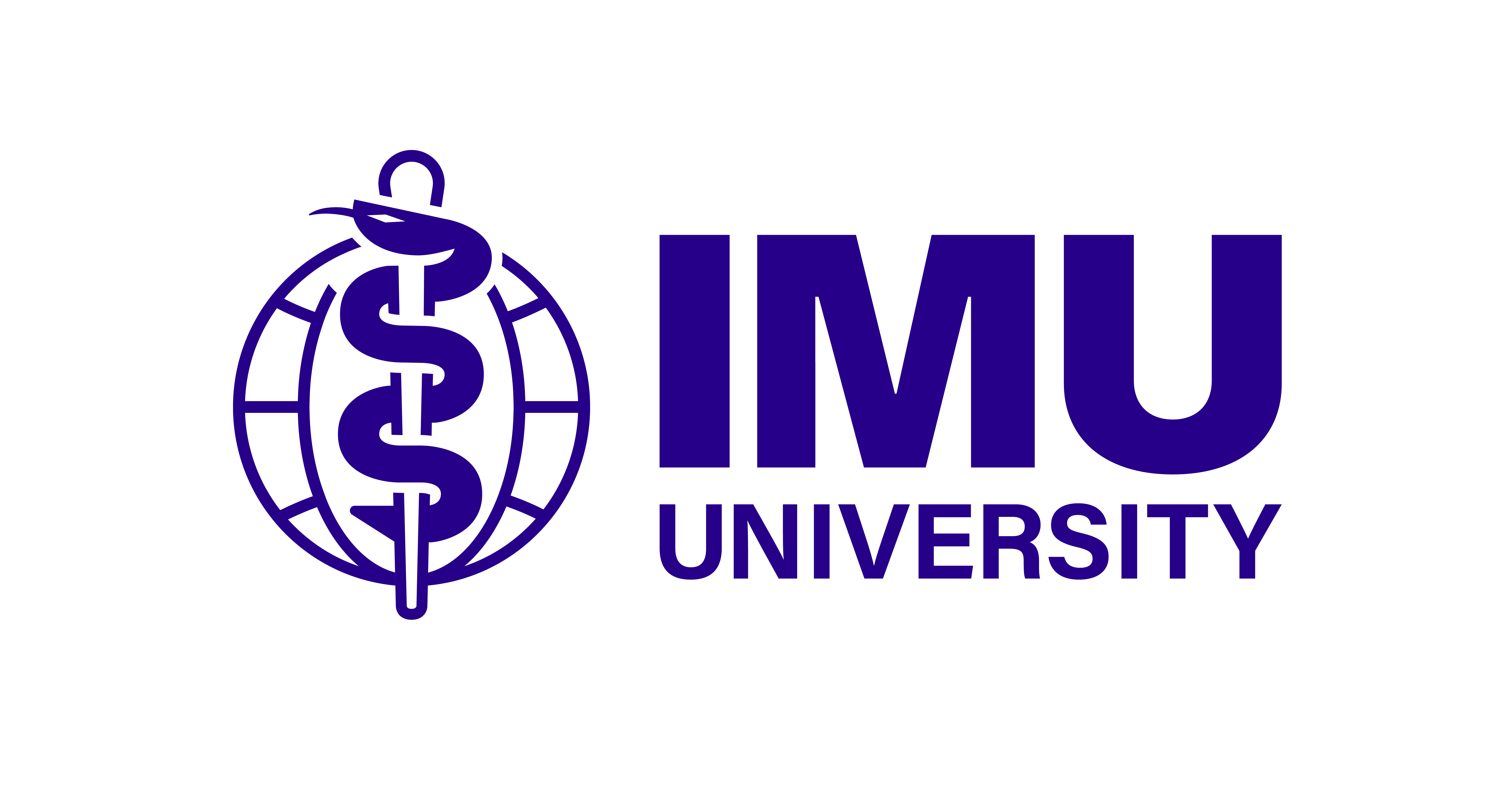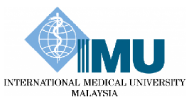Author: Pei Kuan Lai
COVID-19 – A Malaysian private university’s immediate response to provide testing services
Authors: Patricia Kim Chooi Lim, Azizi Ayob, Khai Lone Lim, Shew Fung Wong, Kenny Voon, Lokman Hakim Sulaiman.
Keywords: COVID-19, SARS-CoV-2, pandemic, RT-PCR, diagnostic test.
Citation: IeJSME 2020 14(2): 1-4
Development and evaluation of a novel massive open online course in travel medicine for undergraduate healthcare students
Authors: Gerard Thomas Flaherty, Lydia Sze Teng Lee, Aida Lina Alias, Hasnain Zafar Baloch, Bryan Chang Wei Lim, Kok Leong Tan, Victor Lim, Lokman Hakim Sulaiman.
ABSTRACT
Introduction: Massive open online courses (MOOCs) are designed to accommodate large numbers of geographically dispersed learners. Few healthcare students receive exposure in travel medicine. We aimed as partner medical universities to develop a novel introductory MOOC in travel medicine suitable for undergraduate healthcare students, and to evaluate it among a cohort of learners.
Methods: A course development team, comprising a senior travel medicine academic from National University of Ireland Galway, local International Medical University faculty and instructional/graphic designers, was convened in November 2017. The MOOC proposal was subsequently refined. Course construction commenced in December 2017 and involved communication between team members based in Malaysia and Ireland. Lectures were recorded in January-July 2018. Development of learning and assessment material and the pilot phase were completed in December 2019. Course evaluation was based on the results of a questionnaire and qualitative free text comments from users.
Results: The MOOC is being delivered to a multinational cohort on a rolling basis. It is organised into five four-themed units: travel health risk assessment; pre-travel health advice; tropical infectious diseases;
specialised travellers; and illness in returned travellers. Pedagogical methods include short video lectures, journal articles, a discussion forum, and self-assessment quizzes. Learners have the option of completing an online test to receive a certificate of achievement. Participant evaluation from the first run of the MOOC has revealed very high levels of satisfaction with content and mode of delivery.
Conclusions: This is the first MOOC in travel medicine and it may provide a model for development of other collaborative international e-learning courses. It will address a significant deficit in undergraduate health professional education.
Keywords: Travel medicine, global health, MOOC, medical education, e-learning.
Citation: IeJSME 2020 14 (2): 5-25
Perceived competence of physical examination skills among the registered nurses in a selected private hospital in Malaysia
Authors: Wei Fern Siew, Yen Ling Wong, Sheau Wei Lee.
ABSTRACT
Background: Physical examination in nursing practice is a systematic process of checking patients from head to toe using inspection, palpation, percussion, and auscultation techniques. This is part of a process to assist nurses in determining nursing diagnoses for patients’ care needs. A trained nurse with competent assessment skills can monitor treatment outcome and rapidly detect early signs of deterioration in patients.
Objective: The purpose of this study was to determine the perceived personal competence, the frequency of use of physical examination techniques, the factors that influenced physical examination practices and to identify training needs on physical examination skills among the registered nurses (RNs) in a selected private hospital in Malaysia.
Methods: This is a cross-sectional descriptive study. A self-reporting questionnaire was adapted with permission and pilot tested to ensure its suitability for use in this local study. A total of 154 registered nurses (RNs) from various clinical areas responded to this survey.
Results: The regularly used physical examination techniques by the RNs were mostly inspection and vital signs assessment. The frequency of physical examination skills used was higher among RNs with 4-5 years of working experience. Lack of time, role boundaries/scope of practice and ward culture were some of the factors identified that influenced nurses’ physical examination practices. Physical examinations of the cardiovascular, neurological and respiratory systems were the top three skills asserted as training needs by the RNs.
Conclusions: Inspection technique and vital signs checking are commonly practiced at ease by the RNs, but they perceived that they were least competent with palpation, percussion and auscultation techniques. Physical examination training is vital to ensure that the RNs keep their skills current in their nursing practice.
Keywords: Health assessment, perceived competency, influencing factors, training needs.
Citation: IeJSME 2020 14 (2): 26-37
IeJSME 2021 15(2)
Editorial Board and Contents
Zoonotic viruses discovered and isolated in Malaysia: Do they pose potential risks of zoonosis?
Author: Kenny Gah Leong Voon
Keywords: zoonosis, viral infection, Malaysia, viral zoonotic infection.
Citation: IeJSME 2021 15 (2): 1-4
Perception of nurses on ease of use, usefulness and system quality of electronic clinical documentation (ECD) at private hospitals in Klang Valley, Malaysia
Authors: Syakinah Anian, Mariani Ahmad Nizaruddin, Goventhamah Subramaniam, Jayanthi Marimuthu, Shalizah Sujak.
ABSTRACT
Introduction: The health information system with efficient processes and development in healthcare technology including an electronic clinical documentation (ECD) reporting draws the interest of a large number of people. Widespread expansion of the use of ECD is known to be advantageous to the health information system, however a workload is often questionable for healthcare professionals and productivity practices. The aim of this study is to analyse the perception of nurses in regards to the relationship between perceived ease of use, perceived usefulness and perceived system quality of ECD system.
Methods: The cross-sectional survey comprised of a population of nurses practising in clinical settings at private hospitals in Klang Valley, Malaysia. A total of 324 questionnaires was collected by using stratified random sampling with a 99% response rate. Smart-PLS was used to analyse the relationship between the latent variables.
Results: The perceived ease of use, perceived usefulness and perceived system quality have a significantly positive influence, resulting in a positive impact on the perception of nurses. The results of this research showed that the model’s R2 value was scored at 0.743, which indicated that 74.3% of the variance in perception on ECD was collectively explained by the three exogenous latent variables.
Conclusion: Positive perception on ECD system could be used as prediction on the acceptance by the user/nurses. This study is useful for top management and policymakers to strategise on ECD’s implementation.
Keywords: Medical record, computerised, Electronic clinical documentation, Technology Acceptance Model, Nurses.
Citation: IeJSME 2021 15 (2): 5-18
An in-depth understanding of heartfulness meditation
Authors: Amutha Aruvi Kaniamuthan, Alexius Weng Onn Cheang.
ABSTRACT
Background: Heartfulness meditation aims to help individuals connect to their inner self to attain peace and a balanced state of mind. Previous studies have been conducted to gain mechanistic insights into the effects of Heartfulness meditation on bodily and cellular functioning as well as in enhancing one’s psychological, emotional and social well-being. However, most of the research is quantitative in approach, and has not been able to capture the intricacies of human lived experiences involved during the process of meditation. This qualitative study aims to understand the lived experiences of Heartfulness practitioners.
Method: A thematic analysis strategy was utilized to discover the themes which represented the meaning behind the reported narrative experiences of Heartfulness practitioners. Twenty-five Heartfulness meditation practitioners were recruited at a Heartfulness retreat at the International Heartfulness Centre in Hyderabad, India to gain their insights.
Result: The current study found that for Heartfulness practitioners, positive changes become gradually visible with regular practice. The process of Heartfulness meditation was found to directly influence physical, psychological, social, cognitive, as well as spiritual benefits.
Conclusion: In-depth lived experiences were explored which add personalized human elements to the field of Heartfulness meditative practice. Implications and limitations of the current study were also addressed and suggestions for future research were discussed.
Keywords: qualitative, biopsychosocial, heartfulness meditation, well-being.
Citation: IeJSME 2021 15 (2): 19-28
COVID-19: Health information seeking and adherence to safe practices in Malaysia
Authors: Wei Fern Siew, Shawn Paul Fredrick, Nathan Yung Jiun Liew, Qiu Yii Kong, Nur Syahirah Yuan, Nurafyfa Abdul Halim.
ABSTRACT
The coronavirus disease has spared no country and has galvanised the general population into altering their behaviours amid fears of uncertainties. A survey on health information seeking and adherence to safe practices during this pandemic among the public was carried out in Malaysia. An assuring number of 96% of respondents (n= 412, N = 429) actively sought health information regarding COVID-19. Unfortunately, more than half of the respondents (n=242, 58.7%) had difficulties verifying the accuracy of the sourced information. There were differences between the sociodemographic factors and adherence to safe practices where it was identified that males, young-aged respondents, and the Malay ethnicity were less adherent to safe practices as compared to other groups.
Keywords: Coronavirus, safety measures, information needs, health literacy.
Citation: IeJSME 2021 15 (2): 29-34


